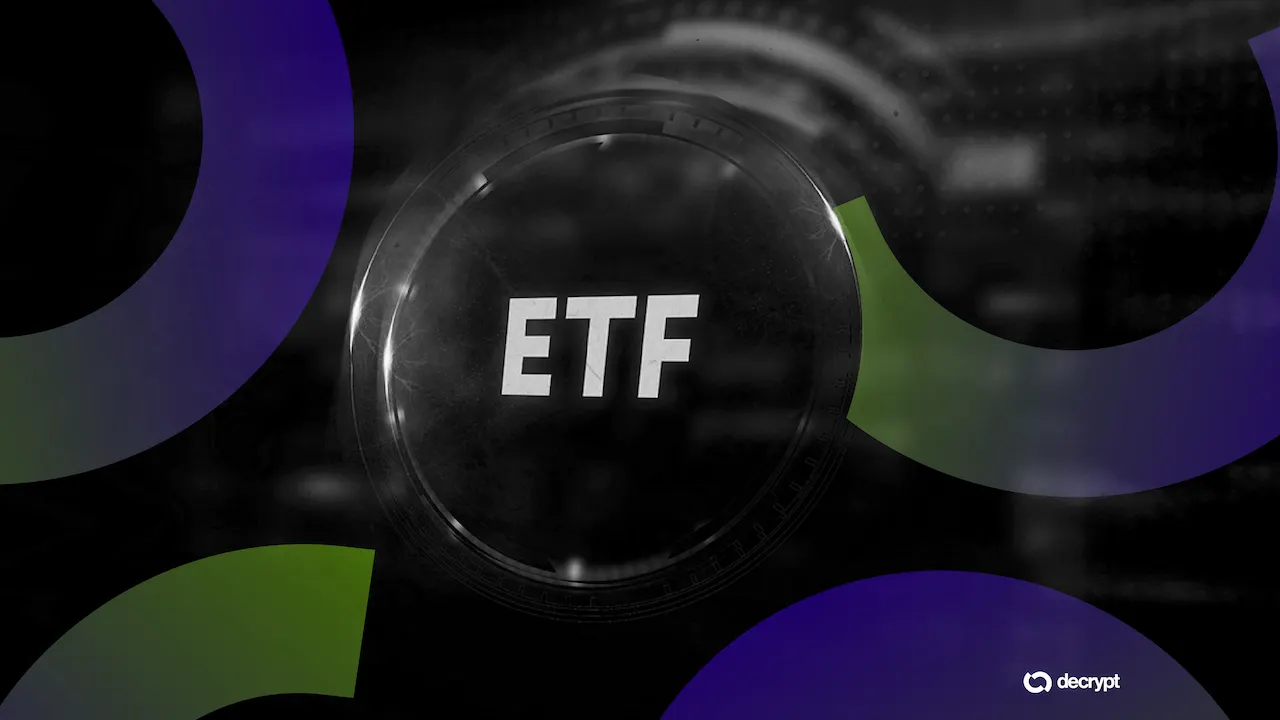Bitwise Files for Avalanche ETF Ahead of US XRP, Dogecoin Fund Debuts

News Summary
Crypto asset manager Bitwise has filed paperwork to launch an Avalanche (AVAX) exchange-traded fund (ETF), which would use Coinbase for digital asset custody. This development comes as new altcoin investment vehicles, including XRP and Dogecoin ETFs from REX Shares and Osprey Funds, are anticipated to debut in the U.S. market this week. Unlike the Bitcoin and Ethereum ETFs approved last year, these new altcoin ETFs (including the XRP and Dogecoin funds) will offer investors exposure via a Cayman Islands subsidiary wholly owned and controlled by the fund, registered under the Investment Company Act of 1940. The SEC approved Bitcoin ETFs last year, followed by Ethereum ETFs, and now faces a long list of other altcoin fund applications. Avalanche is the 19th-largest digital asset by market cap, rivaling Ethereum by offering a cheaper and faster blockchain.
Background
The U.S. Securities and Exchange Commission (SEC) approved Bitcoin ETFs in 2024, following a decade of denials. These Bitcoin funds subsequently marked the most successful debut in ETF history, now managing nearly $152 billion in combined assets. Later in 2024, the SEC also gave the green light to Ethereum ETFs. Bitcoin and Ethereum ETFs are typically registered as commodity trusts under the Securities Act of 1933, with fund managers directly holding the underlying cryptocurrencies to provide investor exposure. However, the new crop of altcoin ETFs mentioned in this article, such as the XRP and Dogecoin funds, are registered under the Investment Company Act of 1940 and offer exposure via a subsidiary registered in the Cayman Islands, signaling a differentiated regulatory approach for various digital assets. Avalanche (AVAX) is the native cryptocurrency of its underlying 'Avalanche' blockchain network, touted as a competitor to Ethereum by offering lower transaction costs and faster transaction speeds for developers to build applications upon. AVAX currently stands as the 19th-largest digital asset by market cap.
In-Depth AI Insights
What are the underlying regulatory motivations for the SEC's differentiated approval pathways for altcoin ETFs versus Bitcoin/Ethereum ETFs? - The SEC's approach of using the 1940 Investment Company Act and offshore subsidiary structures for altcoin ETFs (like XRP and Dogecoin), while Bitcoin and Ethereum ETFs utilize 1933 Act commodity trusts, suggests continued high caution regarding directly holding or validating the spot market integrity of less established or more volatile altcoins. - The offshore structure likely provides a layer of legal and operational insulation for U.S. investors and potentially the SEC itself against direct market manipulation concerns or unforeseen custodial risks associated with these smaller cap assets. This reflects a pragmatic, albeit gradual, expansion of crypto investment access, prioritizing investor protection and regulatory oversight, even if imperfect. - It signals a continued "crawl, walk, run" strategy, where direct spot exposure via 1933 Act trusts is reserved for assets with demonstrably robust market infrastructure and liquidity. How might the increasing proliferation of altcoin ETFs impact the broader crypto market's structure and investor behavior in 2025 and beyond? - The launch of dedicated altcoin ETFs could lead to several shifts. Firstly, it democratizes access to these assets for a broader range of retail and institutional investors through traditional brokerage accounts, potentially increasing liquidity and market capitalization for these altcoins. - Secondly, this "quasi-institutionalization" of investment avenues might bring new capital pools into the crypto market but could also make the market more susceptible to traditional financial market trends and volatility, as ETF investors may trade based on macroeconomic signals rather than crypto-specific factors. - Furthermore, the introduction of ETFs may signify growing, albeit controlled, regulatory acceptance, potentially encouraging further innovation in other traditional financial products and services. However, a potential downside to this proliferation is centralization risk, as significant portions of altcoins could be held by a few large asset managers via ETFs, influencing market price discovery and governance. Under the Donald J. Trump presidency, what does the SEC's regulatory stance on cryptocurrencies, particularly altcoin ETFs, signal for potential future policy shifts and implications for institutional investors? - While the Trump administration generally favors deregulation, the SEC's cautious stance in the crypto space reflects its core duty as a market gatekeeper, which may transcend broad political mandates. However, given crypto's growing political salience and its potential to engage younger voters, subtle policy shifts could emerge. - The SEC's nuanced approach to altcoin ETFs, allowing them through 1940 Act structures, likely represents the administration's attempt to balance fostering financial innovation with maintaining market stability. This could mean any future policies aimed at "regulatory clarity" would likely be prefaced by stringent investor protection and anti-manipulation measures. - For institutional investors, this implies continued regulatory complexity in accessing the altcoin market for the foreseeable future. While ETFs offer convenience, their structure (e.g., offshore subsidiaries) underscores potential regulatory gray areas that could influence compliance strategies and due diligence requirements for larger institutions.